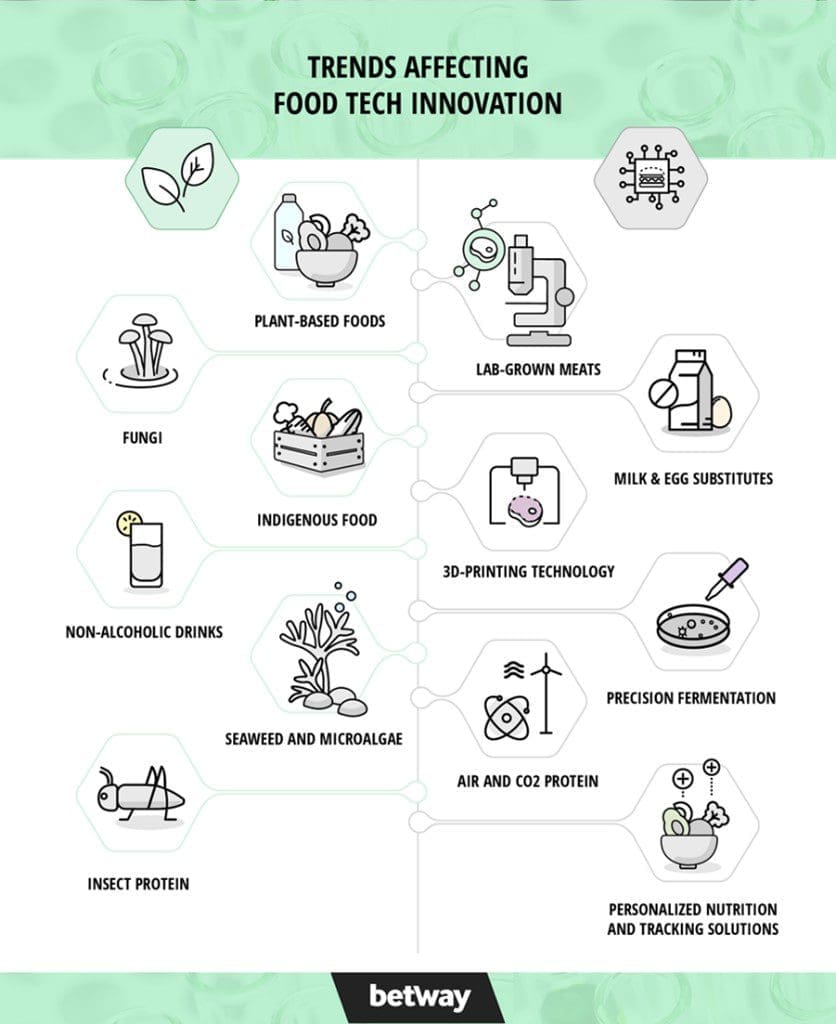
In the future, people will make their dietary choices not based on isolated nutrients but on the complex effects of food on various pathways in our bodies such as the liver, brain, heart, fat cells, immune system, gut, and microbiome. The food we eat will evolve, and new flavors will emerge. In recent years, startups like impossible foods have made waves with innovations such as meatless burgers that sizzle in the pan without bleeding, by using wheat protein, coconut oil, potato protein, and flavor.
The food industry is constantly changing and a career in the food industry is an exciting prospect for students. A HACCP certificate will go a long way in improving your prospects in getting a foothold in the future of food.
Today we all know that healthy eating is essential to keep our bodies in top condition. There is enough food to travel the world, but nowadays things started to change due to covid19. In the future, scientists and futurologists insist that the problems of overpopulation will force us to rethink how we live. Recent research mentions that rising obesity, climate change, and the growing population will affect food trends in the future.

Future of meat and protein in our diet
With the help of science, vegetable meat will become indistinguishable from real meat. Heme, the oxygen-carrying molecule in the blood that makes red meat red, is said to give meat its distinctive taste. Haemophilia is not possible without bloodless food. In order to produce meatless burgers that sizzle in the pan, taste like meat, and bleed, the fermented plant extract is needed.
The real challenge will be to persuade consumers to turn to more cultured meat. “I do not believe that we will be moving towards a healthier, more resilient food system any sooner,” says Anna Taylor, managing director of Food foundation. She believes plant substitutes will find their way into processed foods, and consumers will eventually be wiser; however, it may take time.
Although it is not yet mainstream, various nutrients, such as proteins and fiber extracted from beetles, are thought to be much richer than those found in fish and meat. Moreover, insect protein is gaining attention because it is believed to be able to satisfy the growing demand for proteins in a growing population. Unlike traditional livestock farming, which does more to avoid environmental and ethical concerns, plant-based meat is gaining popularity because of its recognized flavor.
What do experts say about future foods?
Experts claim that 3D printing technology will replicate the texture and taste of regular foods. The experts also predict that affluent people will continue to consume fewer meats and processed foods while eating indigenous foods as sorghum and amaranth will grow. However, fast food companies will continue to penetrate developing countries, and consumption of junk food will increase in impoverished communities.
Harpaz predicts that as we strive to feed a growing and hungry world, our dependence on genetic engineering will continue to grow. Plants will become more resistant to pests and viruses, he says, but the food will look similar to today. The West will still have enough food, say experts, but we will become more vegetarians and vegans due to agricultural and economic realities.
Conclusion
As we consider the evolving landscape of the food industry, it’s interesting to note how some businesses are adapting to meet future demands. A great example is fast food Colorado Springs, which combines classic appeal with modern culinary trends to attract a diverse clientele.
It is crucial that we understand how our food choices affect the world around us in order to create a better future for our future selves and children. In the end, three-quarters of the world’s food is obtained from only 12 plants and 5 animal species, and it causes various environmental impacts. We all should learn from these mistakes and start to embrace natural biodiversity, grow meat in laboratories, and put robotic farms online.




Be the first to comment